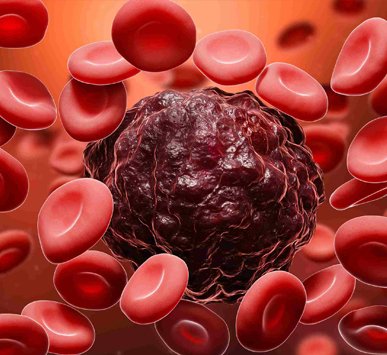
Visiting Hours
Visiting Hours
| Mon -Sat : | 9:00 am - 9:00 pm |

| Mon -Sat : | 9:00 am - 9:00 pm |
Blood transfusion is a medical procedure where blood or blood components are administered to a patient to replace blood lost due to surgery, injury, illness, or to treat a specific medical condition. This life-saving intervention plays a critical role in various medical settings, including emergency care, surgery, and treatment of certain diseases.
The blood used in transfusions is carefully screened and tested to ensure compatibility with the recipient, minimizing the risk of transfusion reactions or infections. Donors voluntarily contribute blood, which is then processed into components such as red blood cells, plasma, and platelets, allowing healthcare professionals to tailor transfusions to the patient’s specific needs.
To replace blood lost during surgical procedures or due to traumatic injuries.
For individuals with conditions such as anemia, leukemia, or other blood disorders that affect the production or function of blood cells.
Some cancer treatments, like chemotherapy, can damage healthy blood cells, necessitating transfusions to support the patient.
Inherited or acquired blood disorders may require transfusions to manage symptoms and improve quality of life.
Blood transfusions have revolutionized modern medicine, significantly improving the outcomes of surgeries, trauma care, and treatments for various medical conditions. Rigorous safety measures, donor screening, and advancements in blood banking technology contribute to the overall safety and efficacy of this vital medical intervention

Dr. Chandrasekhar - Expert Hematologist in Visakhapatnam, India.
| Mon -Sat : | 9:00 am - 9:00 pm |
Copyright 2023 andhrahematology All Rights Reserved by Digital Synergy